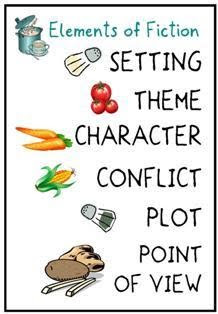
Today is our Literature Circle Day in the library. Many of the groups have lit up with discussions. PARTICIPATE. SHARE YOUR THINKING.
Take a look at the Rubric and the Discussion Starters for ideas. Remember that we will only check into our Lit. Circles one more time online. Then, the groups will close and you will have a final assignment to complete. By next week, you need to have finished reading the entire novel.
Today's Tasks:
All
Online discussion forums are more and more the way of the future of education. Colleges and universities, in particular, are heading towards more and more online work. Given this, take a look at your group participation so far. Think about how you could do more. Then, do it. Discuss more, say more, read more. If your group members are not participating, talk to them, email them...
Peruse your shared resources - find the best two quotes about the book or something related to the book. Put them in the Resources Discussion on the comment wall.
Discussion Director - Look at all of the discussions so far and post a discussion that will really shake your group up. You can be controversial, inflammatory... whatever works to spark some new ideas about the book you are reading.
Connection Maker - What are the connections we are missing? Your last task was to consider text to self connections. Yoday, you'll add in a new layer of connections - text to world connections. One possible way to do this is to consider stories that have been in the news of late...
Passage Picker - for the 1/2 - 3/4 check in on the novel, decide what quotes/scenes are most important to note. Explain why they are important.
Summarizer - summarize the novel from where you left off to 3/4 of the way through the novel.
 1) Silent Reading
1) Silent Reading 1) Welcome! Pick three words.
1) Welcome! Pick three words. 1) What is your Macbeth Index? An activity...
1) What is your Macbeth Index? An activity... Today is our Literature Circle Day in the library. Many of the groups have lit up with discussions. PARTICIPATE. SHARE YOUR THINKING.
Today is our Literature Circle Day in the library. Many of the groups have lit up with discussions. PARTICIPATE. SHARE YOUR THINKING.